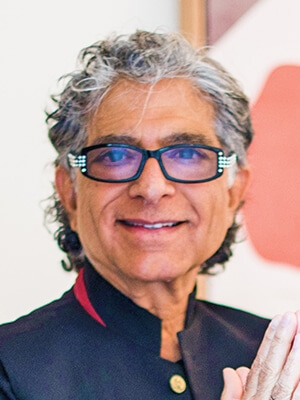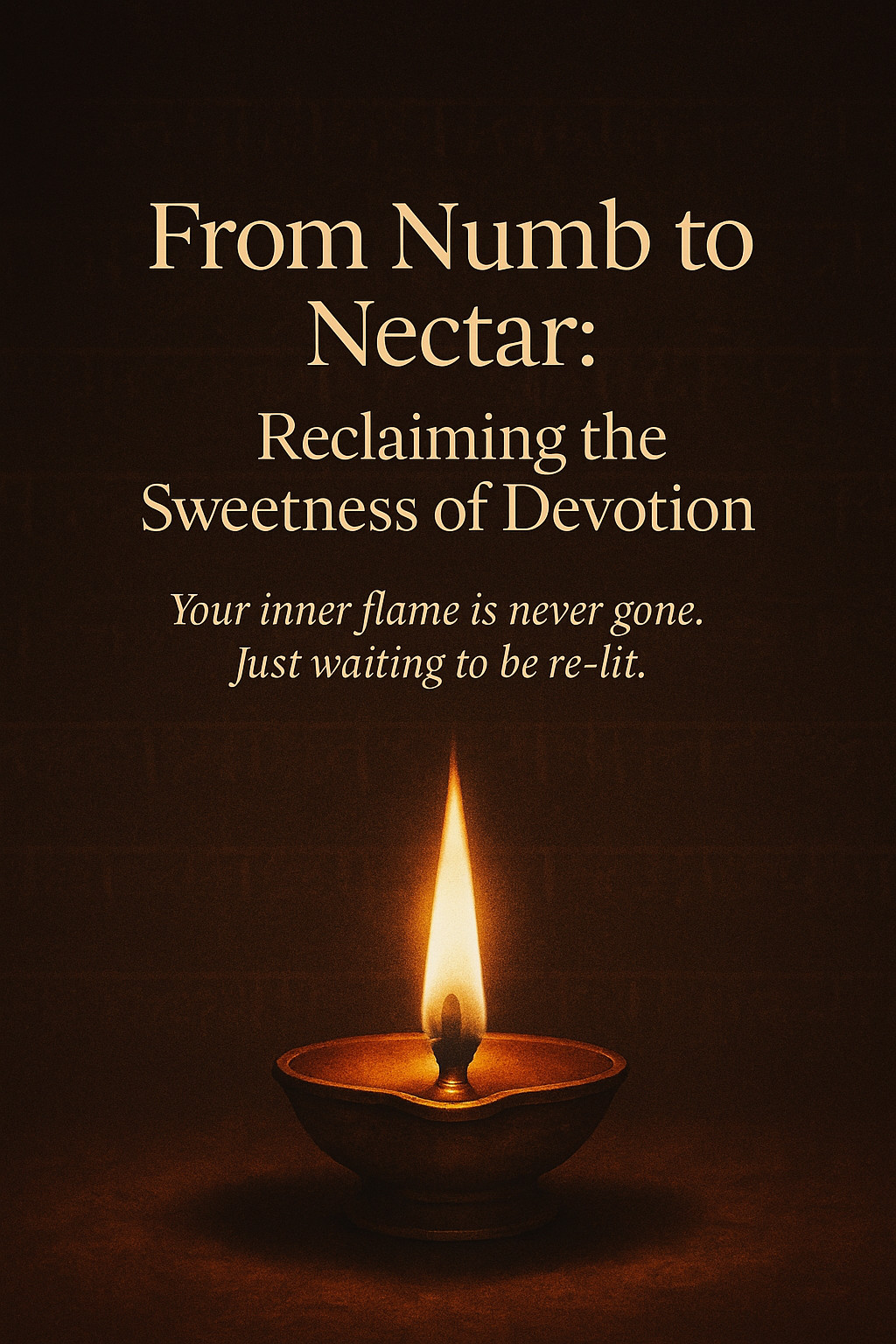The mind, with its remarkable ability for creativity and innovation, can just as easily become consumed by endless desires if not guided by intentionality. This dichotomy between creativity and craving underscores the importance of conscious awareness, which can transform our mental patterns and direct our energies towards purpose and fulfillment. By recognizing that our thoughts shape our reality, we can choose to make the mind a tool for conscious creation rather than a vessel for fleeting desires.
The divergence between passion and consciousness is crucial in understanding our desires. While passion can propel us towards goals, it often leads to superficial desires centered around external validation when unaccompanied by awareness. However, a shift in consciousness brings about a noble desire to align with higher values and embrace qualities like empathy and integrity, steering us toward a more fulfilling path.
Cultivating consciousness reveals the transformative power of noble desires, which create a lasting sense of purpose beyond temporary gratification. Through mindfulness, self-reflection, acts of service, and gratitude, we deepen our understanding of self and the interconnectedness of life, fostering a life of meaning and contribution. By choosing this path, we discover that true nobility enhances not only our own lives but also those around us, offering a way to live that is authentically aligned with our highest potential.
Read more...In a world fixated on surface-level relationships, the pursuit of true love requires delving into vulnerability and embracing emotional depth, as highlighted by philosopher and mystic Osho. Genuine love demands courage and a willingness to confront uncomfortable truths both within ourselves and within our partners. By confronting the challenges inherent in deep connections, we open ourselves to profound growth, understanding, and fulfillment that transient encounters cannot provide.
Shallow relationships might offer a safe harbor, free from the discomfort of full emotional engagement, but they ultimately lack satisfaction. Such interactions involve fleeting connections with little commitment, leaving a persistent longing for a profound and sustaining bond. True love goes beyond temporary pleasure, delivering a sense of purpose and meaning by fostering an intimate awareness of ourselves and others, which enriches lives and strengthens resilience.
Osho suggests that embracing deep love involves not only facing potential heartaches but also accepting the immense growth that can arise from these experiences. Opening oneself to true love enables a journey of self-discovery, encouraging maturity, empathy, and a richer understanding of partnership. While surface-level love might seem easier, choosing the path of deeper connection transforms one's emotional landscape, ultimately leading to a more joyful and meaningful life.
Read more...In today's bustling world, the concept of resonance invites us to pause and embrace a deeper harmony with the universe. Resonance, stemming from the Latin "resonare" or "to return to sound," transcends mere frequency, offering a perspective of life as a grand symphony where each of us contributes a unique note. This intrinsic harmony suggests that aligning with our true nature helps us resonate with cosmic frequencies, enriching our lives with synchronicity, joy, and meaning.
By tuning into our core resonance, much like how an instrument is finely tuned, we align with a blueprint embedded within our DNA, connecting us to the universe's fabric. Resonance is dynamic; it evolves with our thoughts and actions, and when in sync with our core, we harmonize with universal frequencies, attracting meaningful synchronicities. These moments, far from coincidences, reflect our inner state, guiding us and affirming our path in the cosmic symphony.
Practices like meditation, mindful listening, nature connection, and creative expression help cultivate this resonance, allowing us to tune into our innermost frequencies. Silence, too, is a powerful resonant force, offering space to listen deeply and align with our true selves. Living in resonance not only fulfills us individually but contributes to the universal symphony, encouraging us to embrace our role as integral notes in the cosmic scale and harmonize the world around us.
Read more...Leonardo da Vinci's timeless principles offer a profound blueprint for developing a complete mind that spans disciplines and perceives deeper connections. By studying the science of art and the artistry in science, we enrich our understanding and appreciation of both fields, learning how structured creativity and creative discovery converge. These principles remind us that the intricacies of art and the imagination in scientific inquiry enhance our ability to innovate and find elegant solutions in various aspects of life.
Da Vinci emphasized the importance of developing our senses, especially learning how to see beyond mere observation. This principle encourages us to engage with the world in a mindful, analytical, and curious manner that allows us to perceive details and patterns often overlooked. By cultivating this heightened awareness, we gain a deeper understanding of our surroundings, fostering a sense of appreciation for both beauty and complexity.
The idea that everything connects to everything else is perhaps the most profound of da Vinci's principles, teaching us the significance of interdisciplinary learning and holistic thinking. By adopting a systems-thinking approach, we recognize the interconnectedness of ideas and disciplines, allowing us to make insightful connections and understand our impact on the world. Embracing these principles in everyday life encourages curiosity, observational practice, and a holistic mindset, ultimately guiding us towards a fuller, more enriched existence in our interconnected world.
Read more...“The possibility of stepping into a higher plane is quite real for everyone. It requires no force or effort or sacrifice. It involves little more than changing our ideas about what is normal.” — Deepak Chopra
This profound statement by Deepak Chopra serves as a reminder that elevating our consciousness doesn’t require monumental efforts or extreme sacrifices. It challenges us to rethink what we consider "normal" and, in doing so, opens the door to higher levels of awareness, peace, and fulfillment. The key lies not in effort, but in perception—the way we view ourselves, the world, and the possibilities that lie beyond our current understanding.

What Does It Mean to Step into a Higher Plane?
Stepping into a higher plane doesn’t necessarily mean leaving behind the physical world or abandoning your everyday life. Instead, it refers to a shift in consciousness, a new level of awareness where we transcend the limitations of fear, doubt, and rigid beliefs. This higher plane of existence is one where we begin to experience life through the lens of peace, love, connection, and an understanding of our deeper purpose.
In this elevated state, we move beyond the ordinary patterns of thinking that keep us stuck in cycles of stress, anxiety, or dissatisfaction. The "higher plane" is not a distant or unattainable place—it is available to all of us when we allow ourselves to embrace a broader view of reality.
Changing Our Ideas About What is Normal
Chopra's quote highlights a central theme in personal and spiritual growth: the need to question and change our ideas about what is "normal." Most of us have been conditioned by societal norms, expectations, and beliefs that dictate how we should live, think, and behave. These ideas about normalcy can limit our potential, keep us in a state of autopilot, and prevent us from accessing the deeper, more meaningful experiences available to us.
The idea of normalcy often tells us:
- Life is meant to be hard, and struggle is inevitable.
- Success is measured by material wealth, status, or external achievements.
- Relationships should follow conventional patterns, even when they no longer bring joy.
- Our physical senses are the only reliable way to perceive reality.
But what if we challenge these ideas? What if we decide that a life filled with peace, joy, and abundance is not only possible but should be the norm? This shift in perspective creates an opening for new experiences—ones that align with a higher state of consciousness.
No Force, No Effort, No Sacrifice
One of the most liberating aspects of Chopra's statement is the notion that accessing a higher plane does not require force, effort, or sacrifice. In a world where we're often conditioned to think that success or spiritual growth must come through hard work and deprivation, this perspective is refreshing.
The process of elevation isn't about striving or pushing ourselves beyond our limits. It’s about allowing—allowing ourselves to be present, to surrender control, and to let go of limiting beliefs. This does not mean passivity or inaction, but rather a state of openness and receptivity to new ways of thinking and being. The key lies in relaxing into our true nature, trusting that when we align with a higher frequency of thought, the rest will naturally follow.
How to Shift into a Higher Plane
The transition into a higher state of consciousness is available to everyone, but it requires a shift in how we perceive life. Here are a few practices that can help open the door to this new plane:
- Expand Your Awareness
Start by observing your current patterns of thinking. How do you define success? What beliefs about yourself or the world are limiting you? Awareness is the first step in dissolving the boundaries of "normal" and making space for a broader perspective. - Practice Presence
A higher plane of existence is not something you reach in the future; it is accessed in the present moment. Meditation, breathwork, and mindfulness can help you connect with the now, where higher awareness naturally arises. In the present moment, your sense of time expands, and the noise of the mind quiets, allowing for deeper insights and clarity. - Let Go of Fear and Control
Much of what keeps us tied to lower states of consciousness is fear—fear of failure, rejection, or the unknown. Stepping into a higher plane involves letting go of this fear and trusting in the process of life. You don't have to control everything; allow life to unfold, knowing that the universe is always working in your favor. - Redefine Success and Happiness
Redefine what success and happiness mean to you. Rather than adhering to external measures, focus on internal states like peace, joy, and fulfillment. The higher plane is one where these internal qualities guide your life, rather than chasing external achievements or validation. - Embrace Possibility
When you change your ideas about what is possible, you begin to attract experiences that reflect a higher state of being. Visualize yourself living in alignment with your highest self—what would that look like? How would you feel? When you allow yourself to imagine new possibilities, you create the conditions for them to manifest.
Normalizing the Extraordinary
The true essence of Chopra’s message lies in normalizing the extraordinary. What if spiritual fulfillment, profound peace, and unlimited joy were the baseline experiences of human life? What if higher consciousness was not something reserved for a few enlightened individuals, but a natural state available to all of us?
This shift is not out of reach. It requires only a change in how we see the world and ourselves. As you redefine what is possible, you step into a reality where higher experiences of love, wisdom, and connection become part of your everyday life.
Conclusion: A New Way of Being
Stepping into a higher plane is not an elusive goal—it is a natural evolution of our consciousness. By changing our ideas of what is normal, we invite the possibility of living from a space of joy, clarity, and purpose. And as Deepak Chopra reminds us, this process doesn’t require force or sacrifice, but rather a gentle shift in our perspective.
The next step toward a higher plane lies not in doing more but in being more—more present, more open, and more attuned to the infinite possibilities that life offers

